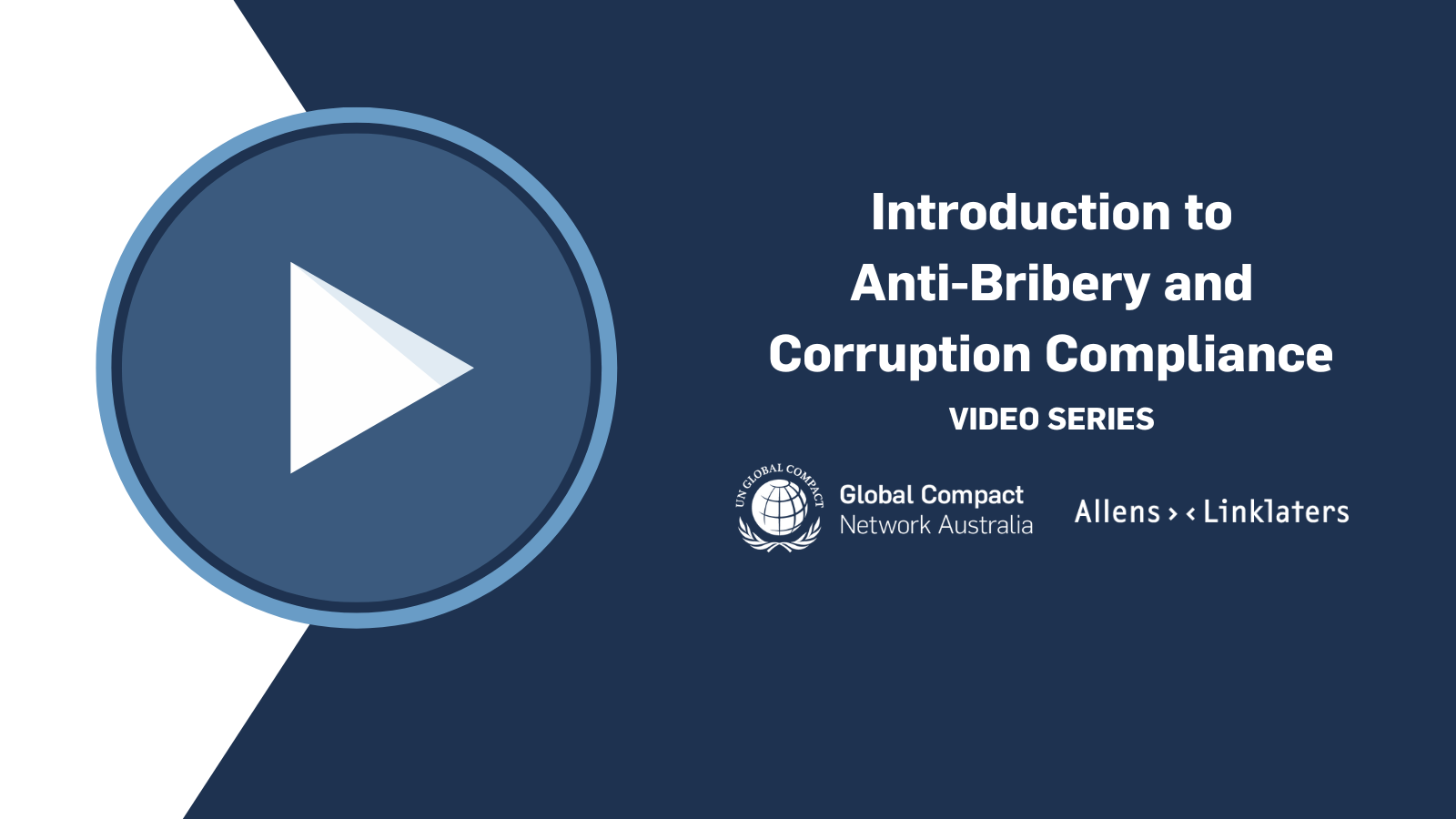
Featured, News, Sustainable Development Goals
Plan calls for sustainability goals to drive COVID-19 stimulus
Kylie Porter | August 28, 2020
Leading sustainability and fair trade organisations have outlined a plan for regional and
global recovery from the COVID-19 crisis aimed at reducing inequalities and building a more
resilient economic future.
The five-point plan has been jointly issued by Fairtrade Australia and New Zealand, the
Global Compact Network Australia and the Sustainable Development Solutions Network
Australia, New Zealand & Pacific.
The CEO of Fairtrade Australia and New Zealand, Molly Harriss Olson, said “COVID-19 has
threatened to erode 30 years of progress and push an estimated 580 million people into
poverty. By aligning the US$9 trillion in COVID-19 global stimulus spending to the United
Nations Sustainable Development Goals, we can drive a global economic recovery that
supports people and our planet.”
The group has identified five critical outcomes that are essential to Australia’s role in regional
and global recovery from the pandemic:
1. Achievement of the United Nations’ Sustainable Development Goals (SDGs) by 2030;
2. Coherent policies and market mechanisms that support innovation and move
Australia to net-zero emissions by 2050;
3. Multilateral and regional partnerships to drive economic recovery, build
environmental resilience and enhance regional outcomes;
4. Investment in fair, transparent and more inclusive trade; and
5. Reduced structural inequalities to protect and support the most vulnerable.
The plan notes that while Australia ranks third among Organisation for Economic Cooperation and Development (OECD) member countries in its response to the COVID-19
pandemic, it ranks only 37th in the world on progress in meeting the SDGs and well below
other OECD nations on climate action and the environment.
Global Compact Network Australia Executive Director, Kylie Porter, said “We know that just
39% of companies have targets that are sufficiently ambitious to meet the Sustainable
Development Goals by 2030 — and less than a third consider their industry to be moving
fast enough to deliver the SDGs.”
“Change will not happen through incremental improvements. The SDGs provide the
framework for the level of ambition required for Australia’s COVID-19 recovery. We are in a
unique position to use the SDGs as a basis for a socially just and green recovery that
creates intergenerational value now and into the future.”
Professor John Thwaites, Chair of the Sustainable Development Solutions Network –
Australia, New Zealand and the Pacific, and Monash Sustainable Development Institute said
policies to support innovation would not only improve Australia’s performance on emissions
reduction but help build a stronger economy. “Fast-tracking renewable projects will show the
market that our government takes green growth seriously,” Professor Thwaites said.
“Every dollar of stimulus spent on clean energy projects generates nearly three times as
many jobs per dollar than investment in fossil fuel projects.
“We have an opportunity to build back stronger and better, with investment in renewable
energy and innovation that drives Australia towards net-zero emissions, and supports our
Pacific neighbours who are already among the most vulnerable to the impacts of climate
change.”
The five-point plan calls for Australia to use the globally-agreed SDGs framework to guide
key policy decision making, elevate the needs of the most vulnerable and marginalised,
create longstanding and inclusive partnerships, and unite all sectors behind a plan that
creates a more just, resilient and greener economy that leaves no one behind.




